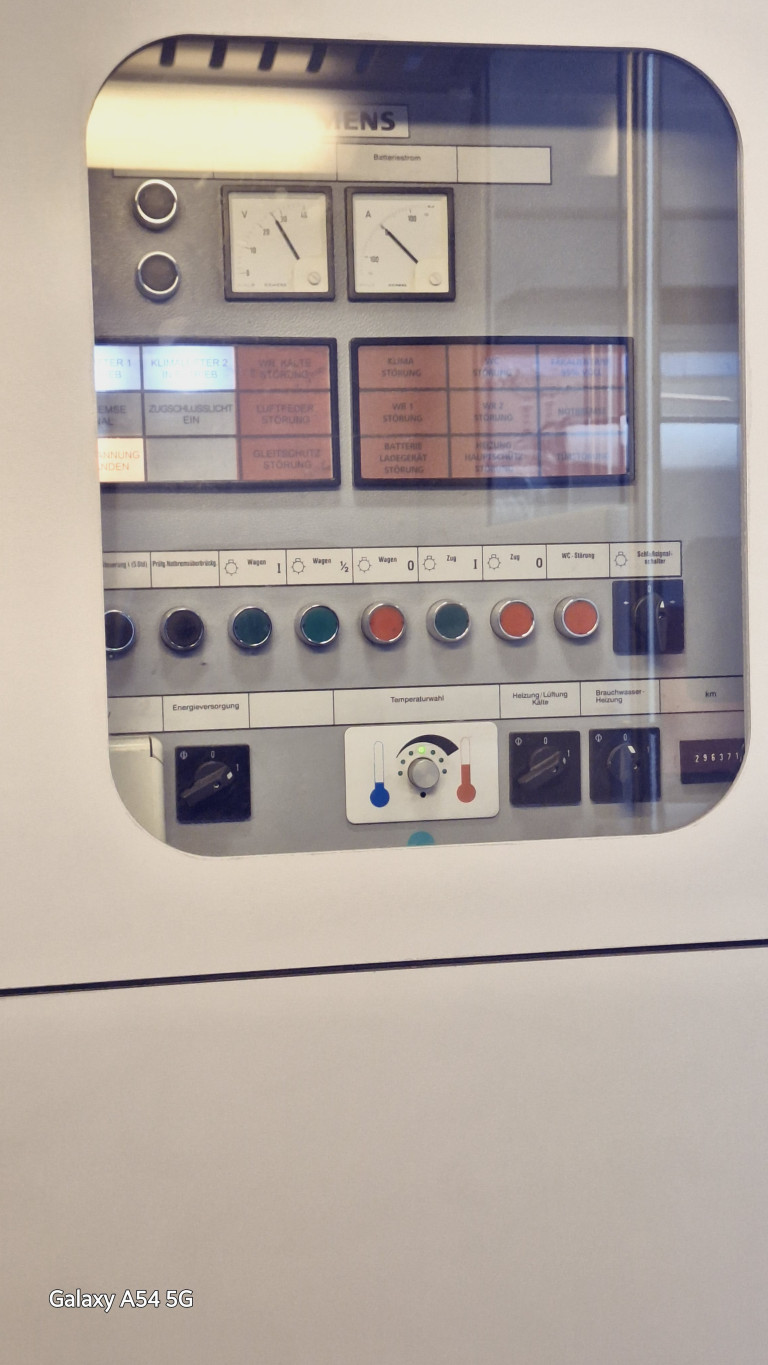Towards freedom of thoughts
freedom of movments
Freedom as Main ASSET of Human Lifes.
Freedom as the Greatest Human Asset: A Call to Cherish Life, End Wars, and Foster Open Societies
Introduction
Freedom is the cornerstone of human existence, the most profound asset that defines our capacity to live authentically, pursue happiness, and contribute to the collective good. It is the foundation upon which individuals can express their thoughts, love freely, and shape their destinies without fear of oppression. To cherish freedom is to embrace a love for life itself—a commitment to fostering peace, dismantling systems of oppression, and creating open-minded environments where diverse issues, from drug policy reform to global conflicts, can be addressed with empathy and reason. This essay explores the multifaceted nature of freedom, its intrinsic connection to human dignity, and its role in ending wars, halting oppression, and promoting progressive societal reforms, including the decriminalization of certain drugs and the creation of inclusive platforms for dialogue.
Freedom: The Essence of Human Dignity
At its core, freedom is the ability to act, think, and speak without undue restraint, provided one’s actions do not harm others. It encompasses personal autonomy, political liberty, and social equality, enabling individuals to live in alignment with their values and aspirations. Philosophers like John Stuart Mill have argued that individual liberty is essential for personal development and societal progress, as it allows for the free exchange of ideas and the pursuit of truth. Similarly, Jean-Jacques Rousseau emphasized that true freedom arises when individuals are governed by laws they have a hand in creating, ensuring collective self-determination.
Freedom is not merely the absence of chains but the presence of opportunity. It is the right to love whomever one chooses, to practice or reject religion, to critique governments, and to explore one’s identity. This asset is universal, transcending borders, cultures, and ideologies. Yet, throughout history, freedom has been contested, suppressed, and commodified, often at the cost of human lives and dignity. To cherish freedom is to recognize its fragility and to actively protect it as a sacred human right.
The Connection Between Freedom and Love for Life
PTo love life is to embrace its possibilities, to find joy in existence, and to seek harmony
Your Thoughts Free here
Add your description here…
A Proposal for World Peace: Prioritizing Freedom and Human Rights
Core Objective
Unite humanity under the singular goal of achieving lasting world peace by prioritizing freedom of thought, expression, and fundamental human rights, while addressing the challenges of mass surveillance, spyware, globalism, nationalism, and extremism.
Principles for Peace
- Uphold Universal Human Rights: Ensure every individual’s right to freedom of thought, expression, and privacy, as enshrined in the Universal Declaration of Human Rights, is protected without exception.
- Neutralize Surveillance and Spyware: Dismantle systems of mass surveillance and spyware, whether corporate or governmental, that undermine personal freedoms and erode trust.
- Balance Globalism and Nationalism: Foster cooperation among nations while respecting cultural identities, rejecting both extreme global homogenization and divisive nationalism.
- Reject Extremism: Condemn all forms of ideological extremism that fuel division, violence, or oppression, promoting dialogue and mutual understanding instead.
Actionable Steps
- Global Disarmament of Surveillance Tools:
- Establish an international treaty banning the development and use of mass surveillance and spyware technologies.
- Create a transparent, independent oversight body to enforce compliance and protect whistleblowers exposing violations.
- Strengthen Human Rights Frameworks:
- Reinforce international laws protecting freedom of thought and expression, with clear penalties for violations by governments or corporations.
- Fund grassroots organizations advocating for digital privacy and free speech worldwide.
- Promote Inclusive Dialogue:
- Convene global summits where diverse voices—representing all nations, cultures, and ideologies—collaborate on peace-building strategies.
- Encourage education systems to teach critical thinking, empathy, and conflict resolution to counter extremism.
- Reconcile Globalism and Nationalism:
- Support frameworks for economic and cultural exchange that respect national sovereignty while fostering global solidarity.
- Address inequalities caused by unchecked globalism to reduce resentment fueling nationalist movements.
- Drop Divisive Agendas:
- Call for a global commitment to abandon zero-sum policies, prioritizing collective survival and peace over geopolitical rivalries or corporate greed.
Vision
By dismantling tools of control, embracing universal rights, and fostering mutual respect, humanity can transcend division and extremism. World peace is not a dream but a practical goal if we collectively choose to prioritize freedom, trust, and understanding above all else.
The Case for Drug Legalization and Decriminalization: Balancing Control, Harm, and Freedom
The debate over drug legalization and decriminalization is a polarizing issue, with advocates and opponents presenting compelling arguments rooted in public health, individual liberty, economic impacts, and societal consequences. Despite decades of stringent prohibition policies, no state, country, or regime has successfully eliminated the underground trade or consumption of illicit drugs. This essay explores the pros and cons of legalizing or decriminalizing drugs, argues that such measures could enhance control over substances often scrutinized by authorities, and examines the paradox of legally prescribed medications that rival the dangers of prohibited drugs. Additionally, it addresses public sentiments, including a notable tweet by Elon Musk about reintroducing cocaine into Coca-Cola, which sparked discussions on drug policy.
Pros of Drug Legalization and Decriminalization
Legalizing or decriminalizing drugs offers several potential benefits, primarily centered on reducing harm, dismantling criminal networks, and redirecting resources toward public health.
- Reduction in Drug-Related Crime: Legalization disrupts the black market by allowing regulated production and distribution, which undermines the financial incentives for cartels, gangs, and illegal dealers. For instance, in states like Colorado and Washington, where recreational marijuana was legalized in 2012, there has been a significant reduction in arrests for drug-related offenses, freeing up law enforcement resources for more serious crimes. Similarly, decriminalization, as seen in Oregon’s 2020 Measure 110, shifts penalties for small-scale possession from criminal charges to civil fines, reducing incarceration rates and the societal stigma that hinders rehabilitation.
- Improved Public Health Outcomes: Regulation ensures quality control, reducing the risk of contamination or adulteration with dangerous substances like fentanyl, which has contributed to overdose deaths in unregulated markets. In the UK, for example, over 70 people died in 2000 from bacterially infected heroin, a risk that could be mitigated through regulated supply chains. Legalization also facilitates harm reduction strategies, such as supervised consumption sites and access to addiction treatment, as seen in Portugal, where decriminalization since 2001 has led to lower overdose deaths and HIV infections among drug users.
- Economic Benefits: Legalizing drugs creates taxable markets, generating revenue for governments. Colorado’s marijuana industry, for example, has generated billions in tax revenue since 2012, funding education and public health programs. Legalization also reduces the $50–150 billion annually spent on drug law enforcement in the US, allowing reallocation to prevention and treatment.
- Respect for Individual Autonomy: Legalization aligns with principles of personal freedom, allowing adults to make informed choices about their bodies without criminal repercussions. The American Civil Liberties Union argues that prohibition violates privacy and autonomy rights, punishing otherwise law-abiding citizens for private behavior. Decriminalization, as seen in the Netherlands, has reduced marijuana use among youth, suggesting that removing the taboo of illegality may diminish its allure.
Cons of Drug Legalization and Decriminalization
Despite these advantages, critics highlight significant risks associated with loosening drug laws, particularly concerning public health and societal impacts.
- Potential Increase in Drug Use: Opponents argue that legalization could normalize drug use, leading to higher consumption, especially among youth. Critics point to the increased potency of marijuana and rising use in legalized states as evidence. For harder drugs like cocaine or heroin, some fear legalization could lead to a surge in addiction, as seen historically with opium before international controls.
- Public Health and Safety Concerns: Legalization may strain healthcare systems due to increased substance abuse disorders and related health issues, such as drug-impaired driving or hospitalizations. Critics argue that even regulated drugs pose risks, citing the prescription opioid crisis, which killed tens of thousands annually despite regulation.
- Societal and Environmental Impacts: Legalization could lead to a “Big Marijuana” industry, similar to tobacco or alcohol, with aggressive marketing that targets vulnerable populations. Additionally, large-scale drug crop cultivation, such as marijuana, can harm the environment through deforestation and water overuse.
- Moral and Social Objections: Prohibitionists argue that legalizing drugs sends the wrong message, potentially normalizing substance use in a way that undermines societal values, particularly for impressionable youth. Surveys indicate that 82% of Americans in 1998 opposed legalizing heroin and cocaine, reflecting persistent public resistance.
Enhanced Control Through Legalization or Decriminalization
The persistent failure of prohibition to curb drug consumption or trade underscores the need for alternative approaches. No regime has eradicated the underground drug market, which thrives due to high demand and profitability. Legalization or decriminalization could enhance control by shifting oversight from criminal networks to regulated systems. For example, legalizing drugs allows governments to impose licensing, taxation, and quality control standards, as seen with alcohol and tobacco. This ensures safer products and reduces the power of cartels, which control an estimated £100 billion annual trade in the UK alone. In Canada, despite challenges with black market persistence, legal cannabis sales have reduced illegal transactions in some regions, demonstrating the potential to weaken illicit networks.
Decriminalization, as implemented in Portugal, treats drug use as a health issue, directing users to treatment rather than prison. This approach has not eliminated illegal production but has reduced overdose deaths and drug-related crime, proving that a public health framework can be more effective than punitive measures. By contrast, prohibition fosters dangerous, unregulated markets where users face risks from impure substances and violent dealers.
The Paradox of Legal vs. Illegal Drugs
A critical aspect of the drug debate is the inconsistency in how legal and illegal substances are treated. Prescription drugs like opioids, benzodiazepines, and amphetamines, legally dispensed by medical professionals, are as dangerous—if not more so—than some illicit drugs. The US opioid crisis, driven by overprescribing, has led to tens of thousands of deaths annually, dwarfing fatalities from some illegal substances. For example, oxycodone, a legal opioid, has fueled addiction and overdoses, yet faces less scrutiny than cocaine or heroin due to its medical legitimacy. Similarly, alcohol and tobacco, both legal, cause millions of deaths worldwide annually—far exceeding the mortality rates of most illicit drugs.
This disparity highlights a flaw in prohibitionist logic: if the goal is harm reduction, why are some dangerous substances regulated while others are criminalized? Legal drugs like alcohol are subject to age restrictions, taxation, and marketing regulations, which mitigate risks without eliminating use. Applying similar controls to currently illegal drugs could reduce harm while maintaining oversight, as Transform Drug Policy Foundation advocates.
Public Sentiment and Elon Musk’s Tweet
Public discourse on drug policy often reflects polarized views, amplified by influential figures. In February 2024, Elon Musk tweeted, “All things considered, it would be better to legalize, regulate and tax drugs, just as we do with alcohol and cigarettes, both of which are drugs that cause millions of deaths every year worldwide.” This statement, posted on X, sparked significant discussion, with many users echoing Musk’s call for regulation to reduce harm and criminality. While Musk’s earlier, more humorous 2022 tweet about buying Coca-Cola to “put the cocaine back in” gained attention for its provocation, it also highlighted the historical precedent of cocaine’s legal use in beverages before prohibition. These comments underscore a growing sentiment that prohibition has failed and that regulation could offer a pragmatic alternative.
Conclusion
The legalization or decriminalization of drugs presents a complex but promising path to address the failures of prohibition. While risks like increased use and public health challenges are valid concerns, the benefits—reduced crime, improved safety, economic gains, and respect for personal autonomy—offer a compelling case for reform. Legalization enables governments to control production and distribution, dismantling the power of criminal networks, as no regime has succeeded in eliminating the underground trade. The paradox of legal drugs like opioids, which rival or surpass the dangers of illicit substances, further exposes the inconsistencies of current policies. Public sentiment, as reflected in discussions on X and Musk’s advocacy, suggests growing support for change. By adopting regulated, evidence-based approaches, societies can better balance individual freedom with public safety, ultimately reducing the harms associated with drug use.
To be continued. like every sinle post page article on this multiwebsite. thanks a million for stoping by.




















